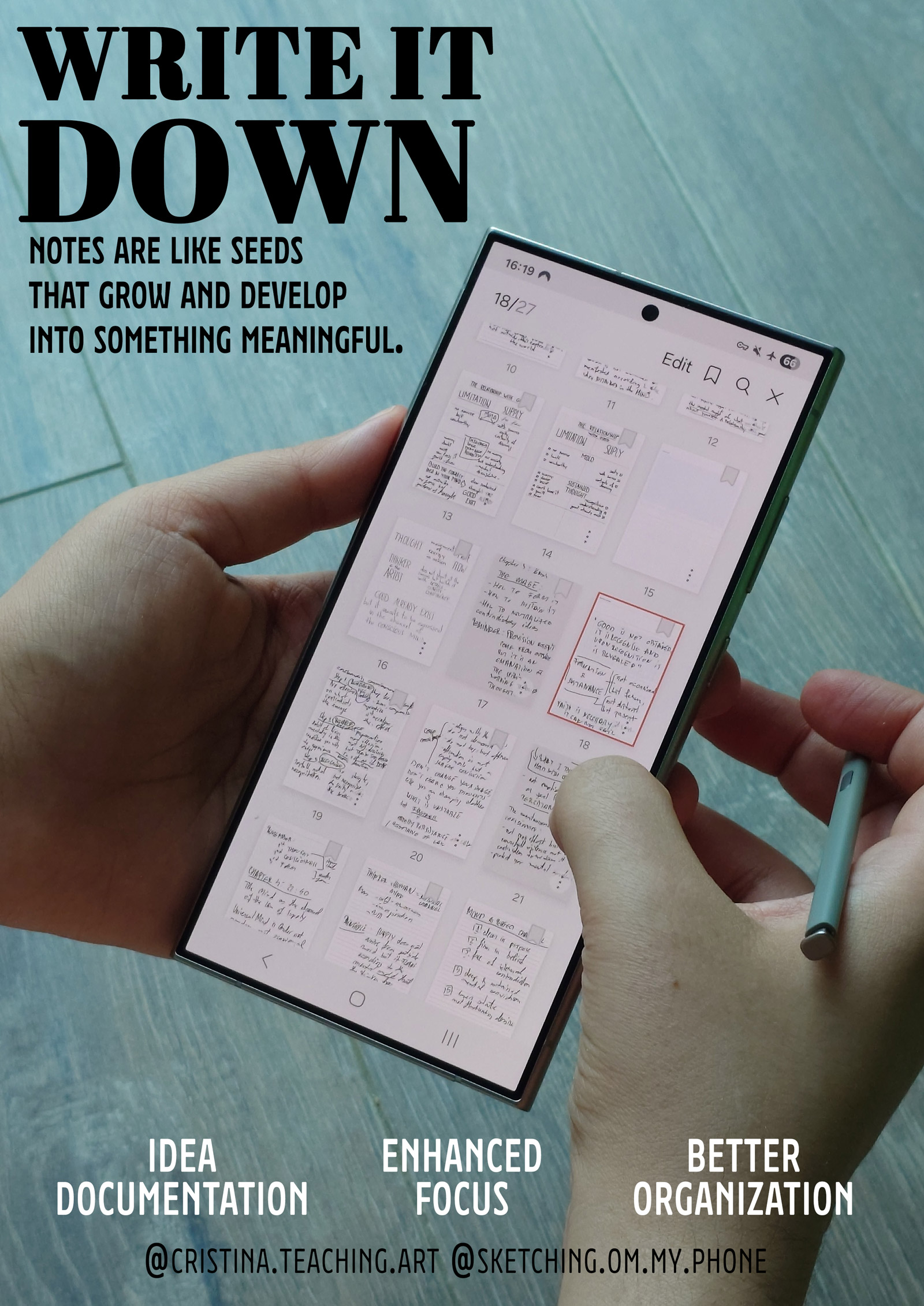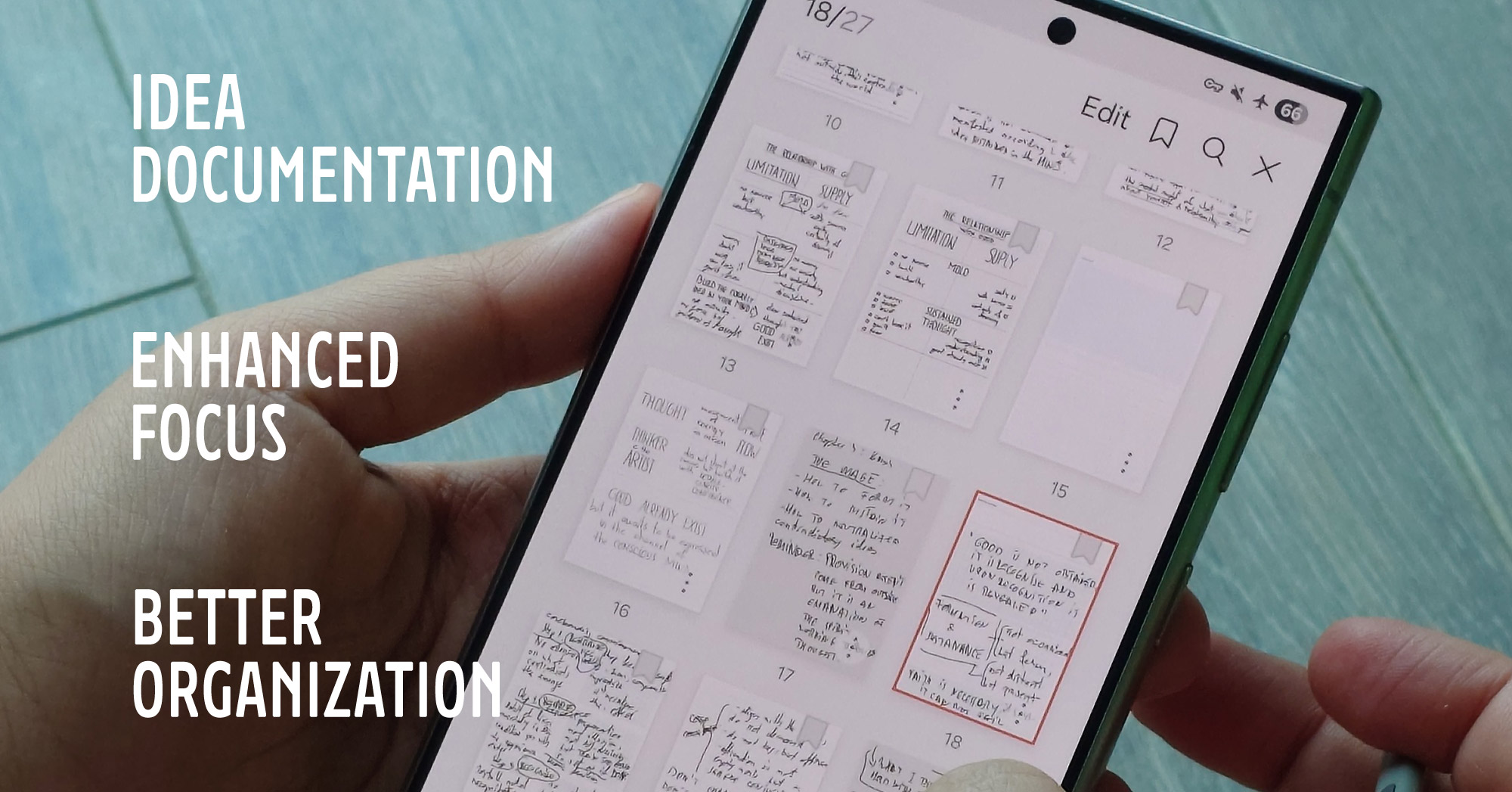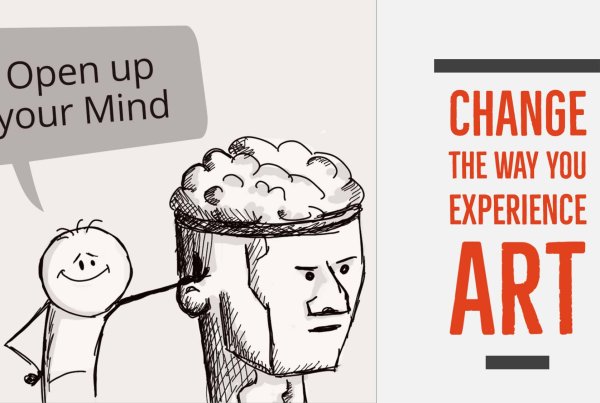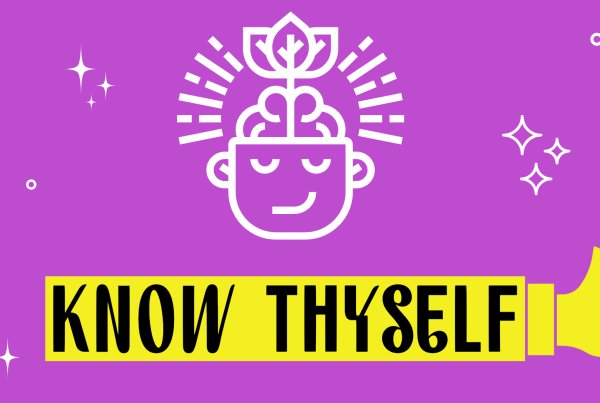Notes are like seeds that grow and develop into something meaningful. Develop the habit of note-taking to cultivate ideas, ensuring that nothing is lost in the chaos of our busy minds. It takes less than a minute to write down one great idea! But over time, you’ll see how vast the sum of these ideas can be!
In the development of creative thinking, managing a multitude of ideas is essential for brainstorming, growth, and innovation. Just as seeds have the potential to blossom into something beautiful, our notes can transform seemingly fleeting thoughts into meaningful concepts.
By quickly capturing ideas—whether through handwritten notes, digital formats, or sticky reminders—we create a fertile ground for creativity to flourish. This practice not only helps us externalize our thoughts but also enhances our ability to recall, organize, focus, and hold ourselves accountable.
When To Note Your Ideas/Thoughts
I’m definitely a note-taker! I put down my thoughts in a paper notebook, handwrite notes on my phone, and use my tablet for digital notes. I even have sticky notes on my desktop computer.
- When I read a good book, I take notes.
- When I listen to an inspiring sermon, I take notes.
- If I hear an inspiring lyric, I write it down.
- If an “Aha” idea pops into my head, I put it down.
- If a story pitch comes to me while I’m cooking, I make sure to write it down.
- And in meetings? You guessed it—I always take notes!
- When I attend a workshop or seminar, I put down key takeaways.
- If I watch a thought-provoking talk, I note down important insights.
- If I come across an interesting article, I highlight and summarize the main points.
- When brainstorming with a team, I write down all ideas, no matter how unconventional.
- If I encounter a problem or challenge, I note down potential solutions and strategies.
- If I find a quote that resonates with me, I write it down for future inspiration.
- When I plan a project or goal, I outline steps and milestones.
- If I experience a moment of clarity or insight during a quiet time, I make sure to note it.
Why To Note Your Ideas/Thoughts
Our mind is not a filing system for storing and organizing information! I don’t rely solely on my memory for that. It’s all about externalizing thoughts and connecting information instead of keeping everything in the head. Over time, this practice not only clears the mind but also helps develop deeper insights and more innovative ideas. Here are a few reasons:
- Cognitive Limitations: Our conscious memory can only hold so much. Trying to remember everything can lead to forgetfulness and mental clutter.
- Externalization: Writing things down clears your mind, making it easier to manage and check later. This includes tasks, ideas, reminders, and important information.
- Organization: When you write things down, you can organize them in a way that makes sense to you—lists, notes, diagrams, or drawings. This boosts clarity and focus.
- Enhanced Focus: By jotting things down, you free up mental space to concentrate on other tasks or creative thinking instead of trying to remember every detail.
- Accountability: A written record helps you stay accountable to your goals and commitments, serving as a tangible reminder of what you need to do.

What are Ideas/Thoughts?
Ideas and thoughts are part of our cognitive processes, shaping how we perceive and interact with the world. Understanding their sources, nature, and relationship can enhance our creativity, problem-solving abilities, and overall mental focus. Here are definitions of a thought from various perspectives:
Thoughts can be conscious or subconscious, rational or emotional, and they can vary in clarity and complexity. They can also be fleeting or focused.
Neuroscience says that a thought is a neural representation arising from the brain’s complex network of neurons firing in response to stimuli, experiences, and memories. Thoughts influence our biology and emotional states, suggesting that by changing our thoughts, we can change our brain chemistry.
Psychology defines a thought as a cognitive judgment or belief that influences our perceptions and reactions to the world. Thoughts can be examined and controlled, emphasizing the importance of rational thinking and the distinction between what is within our control and what is not.
Art says that thoughts are the foundation of creativity. They can be fragmented, reinterpreted, and transformed into various forms of self-expression.
In essence, writing down your ideas and thoughts is a powerful tool for creative thinking, organization, memory retention, and mental clarity. Cherish those fleeting creative thoughts, write them down before you forget about them.



